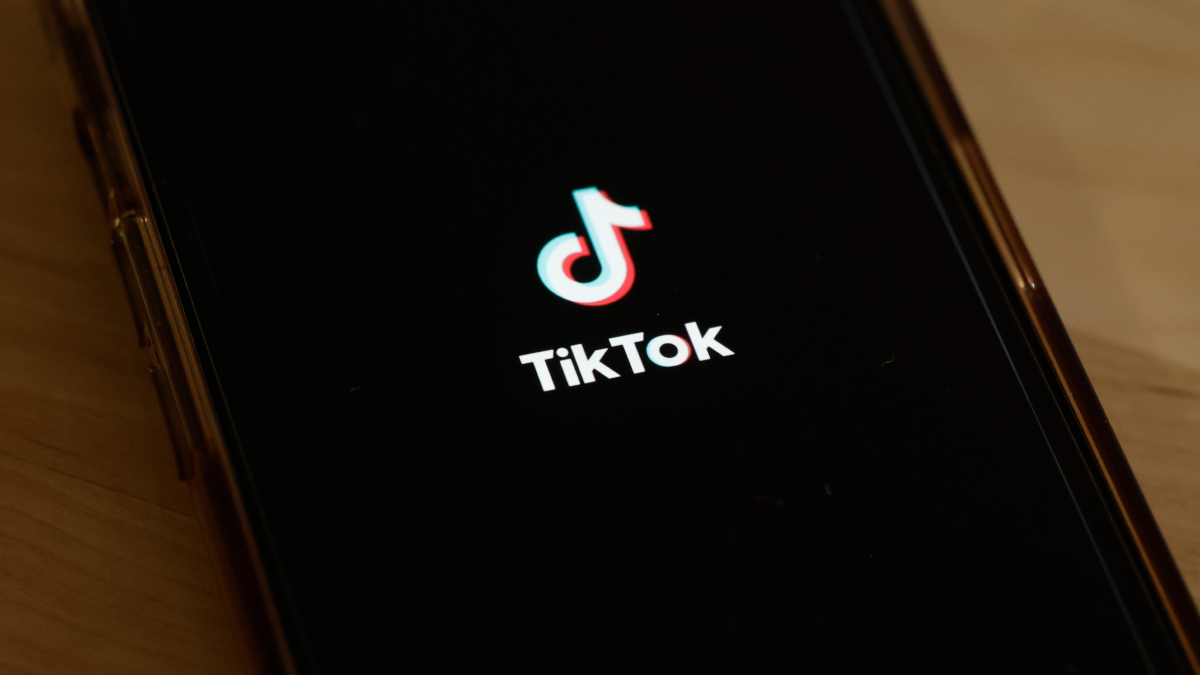What’s Going on With the U.S. TikTok Ban?

The House of Representatives has officially passed a bill that would effectively ban TikTok in the U.S. if ByteDance, the platform’s Chinese parent company, refuses to sell.
On March 13, the bill, known as the “Protecting Americans from Foreign Adversary Controlled Applications Act,” passed the House of Representatives in a vote of 352 to 62. It will now move to the Senate, where the bill is expected to have a tougher time obtaining the votes necessary to send it to President Biden’s desk. If the TikTok bill passes the Senate, Biden has confirmed that he will sign it into law.
What is the TikTok bill?
The “Protecting Americans from Foreign Adversary Controlled Applications Act,” or the TikTok bill, is a bipartisan effort that would give the White House authority over apps owned by foreign companies in the interest of defending national security. The bill aims to force the Chinese-based parent company ByteDance to sell TikTok, ostensibly due to concerns about foreign entities having access to vast amounts of private data from American users.
In order to pass the House of Representatives, the bill needed votes from at least two-thirds of the membership; it received far more than that, passing the House 352-62. Some representatives oppose the bill, including Rep. Alexandria Ocasio-Cortez, who called the effort “incredibly rushed” in a post on X.
Last week, TikTok encouraged users to contact their representatives in Congress, leading to a massive surge in phone calls. Several offices reportedly turned off their phone lines due to the overwhelming response. In urging the public to express disapproval of the proposed bill, TikTok wound up making the situation worse.
Will the TikTok bill become law?
After passing the House, the TikTok bill is moving to the Senate, where it will have a harder time getting the votes needed to move on to the White House. Senator Rand Paul told The Washington Post that he intends to block any bill that he deems a violation of the U.S. Constitution and criticized Congress for “trying to take away the First Amendment rights of [170] million Americans.”
A federal judge struck down a similar TikTok ban in Montana last fall. In his ruling, U.S. District Judge Donald Molloy said the law “oversteps state power” and “likely violates the First Amendment.” Those who oppose the House’s new TikTok bill have similar concerns about suppression of free speech. In a letter to federal legislators, the American Civil Liberties Union and the Center for Democracy and Technology said that such a ban “jeopardizes access to free expression” because TikTok is “home to massive amounts of protected speech and association.”
On the other side of the political aisle, Donald Trump has reversed his position on the TikTok ban—but only because banning TikTok would benefit Mark Zuckerberg and Meta. Elon Musk also opposes the TikTok bill, which he says is actually about “censorship and government control.”
According to Vox, “Congress can’t outright ban TikTok or any social media platform unless it can prove that it poses legitimate and serious privacy and national security concerns that can’t be addressed by any other means.” It’s important to note that there are actual security concerns regarding the ongoing spread of disinformation by Russia and China on social media, which are not being meaningfully addressed at the congressional level.
Another issue that isn’t being addressed is the collection and use of private user data, which apps—including TikTok and Instagram—can and do sell to third-parties, the U.S. government among them. If our government truly is concerned with protecting our privacy, then it would enact legislation to regulate how companies use, store, and manage our data, and would give citizens the ability to opt-out of private data collection.
What will happen if the TikTok bill becomes law?
If the TikTok bill passes the Senate, it will need a signature from President Biden before it can become law. Biden has confirmed that he will sign the bill if it makes it to his desk. After that, ByteDance will have 165 days to sell TikTok; if it fails to do so, TikTok will be removed from app stores in the U.S. It’s not an outright ban as much as it is a forced sale under threat of a functional ban.
And if the bill becomes law, it could affect other apps owned by companies outside the U.S. Any app that the president deems a threat to national security could be subjected to the new law and given 180 days to divest ownership.
Previous attempts to ban TikTok
Of course, this wouldn’t be the first time the government has considered banning TikTok.
Donald Trump previously attempted to ban the platform, possibly because of a coordinated effort on TikTok to inflate his Tulsa rally ticket sales, contributing to low turnout. However, these ban rumors came after reports that TikTok is terrible at culling election misinformation on its platform and that American users would still be in danger of having data stolen, even if Biden were to make a deal with the company to ensure American data is kept secure.
It would be a little odd if Biden banned the platform, given that the administration has used TikTok and TikTok creators to help with youth outreach. In 2022, Biden held a forum with trans TikToker Dylan Mulvaney on the Republican attempts to control trans children, specifically their access to healthcare. The team supporting Biden’s 2024 re-election campaign also recently unveiled an official TikTok account.
(featured image: Michael M. Santiago, Getty Images)
Have a tip we should know? [email protected]

